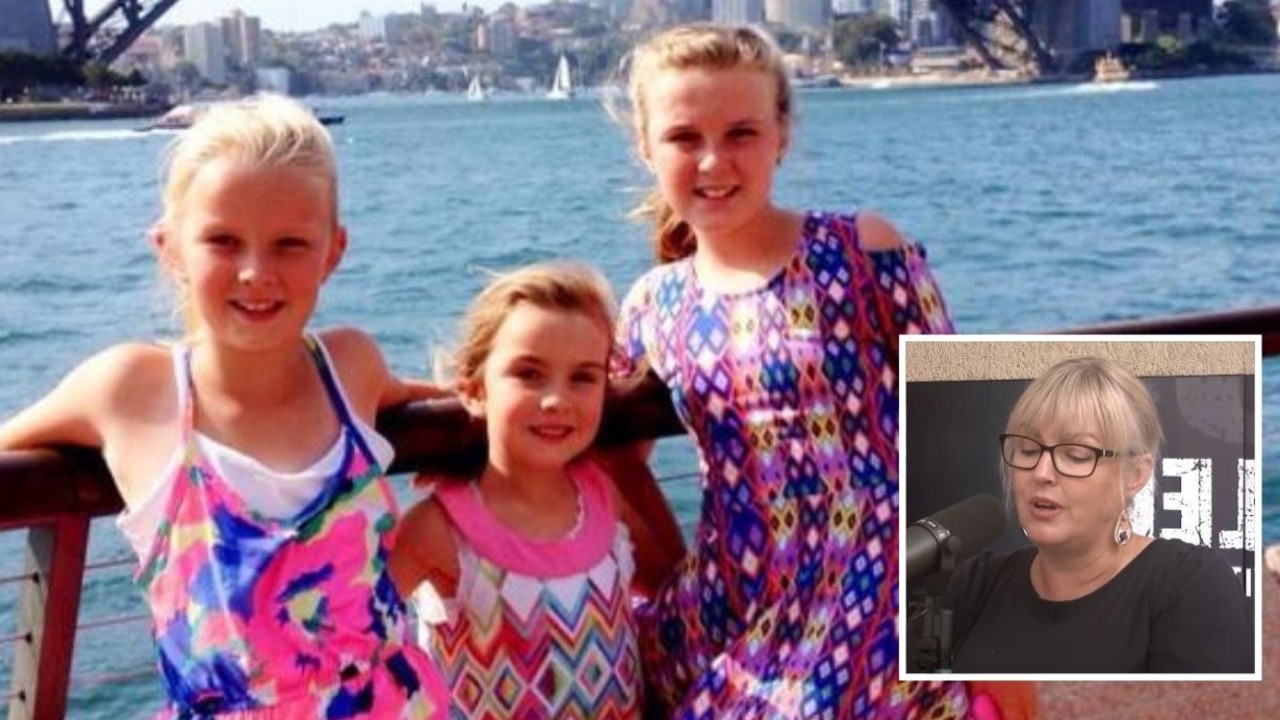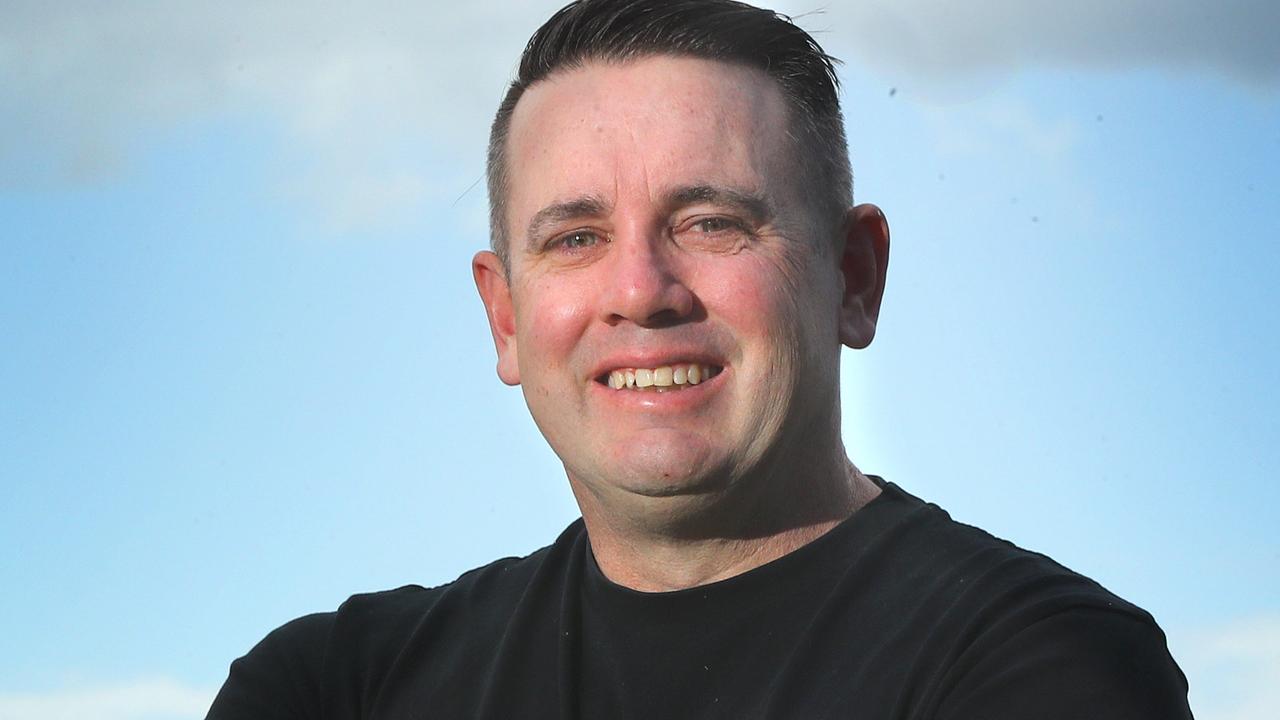‘Are you safe at home?’: Five words that freed Aussie mum from violent relationship
One question ultimately proved invaluable in helping free Aussie mum-of-one, Geraldine Bilston, from half a decade of mental, emotional and physical abuse.
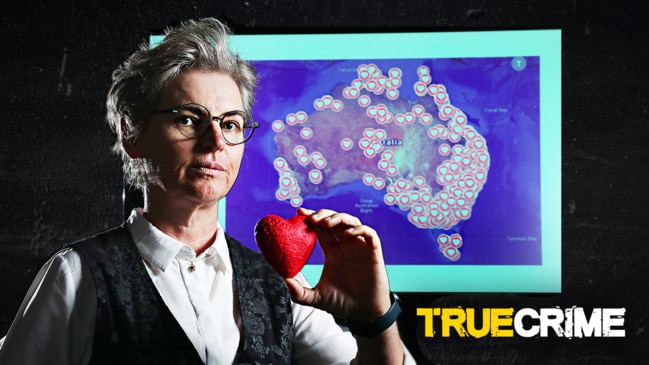
Real Life
Don't miss out on the headlines from Real Life. Followed categories will be added to My News.
WARNING: Distressing content.
It was a five-word question that ultimately proved invaluable in helping free Aussie mum-of-one, Geraldine Bilston, from half a decade of mental, emotional and physical abuse.
When the now-family violence consultant and Deputy Chair of the Victim Survivors’ Advisory Council first met her partner, the idea that their whirlwind courtship could turn violent never crossed her mind.
In fact, “in a very strange way, he made me feel really safe”, Ms Bilston told news.com.au.
“He built up my confidence and paid me a lot of attention. I fell in love really quickly,” she said.
But even early on, he had “flashes of anger” that, while never directed at her, in hindsight were “red flags” and as time went on began to infiltrate their relationship.
Things got progressively worse when she fell pregnant with their daughter.
“He started to pick on my appearance and made me feel really bad about myself. And I had stopped working, so I was becoming a little bit ore isolated and reliant on him,” Ms Bilston said.
May is Domestic and Family Violence Prevention Month, which is held each year to raise awareness of the impacts of violence and the support available to those affected.
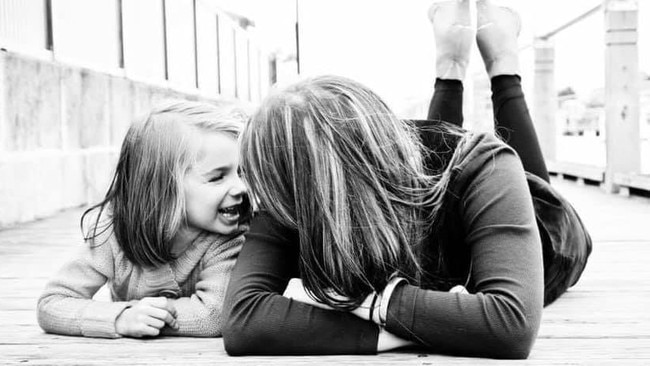
“I also, at that time, started to get physically afraid of him, in terms of, like, if he was angry he would stand over me and things like that.
“The way I describe it is that his emotional abuse had started to really break my heart, but the psychological abuse really destroyed my mind – and so I started to find it hard to make any sort of decisions, and everything that I was doing was based around trying to appease him and making sure that he didn’t get angry.”
In the days after their daughter’s birth, a hospital-based social worker became the first and only person to ask Ms Bilston a question she believes presents “a real opportunity” for Australians to become active bystanders in the fight against domestic and family violence: “Are you safe at home?”
“Even when there were overt things happening that I knew were wrong, I still never thought of myself as a family violence victim. I just felt that things weren’t right,” she said.
While the people in her life “were really worried about me”, they also “didn’t have the education or knowledge around family violence or know how to have the conversation with me about it, so their concerns were always not spoken to”.
“And so it was actually a hospital-based social worker that was the first person to ever ask me, ‘Are you safe at home?’” Ms Bilston said.
“And that was really validating – in that it was the first person to directly ask me that – and even though I didn’t disclose [it] to her, I felt really validated in that somebody else could see what was going on and it wasn’t OK.”
After their daughter was born “that’s when things became physically abusive”, but it wasn’t until two-and-a-half years later that she was finally able to escape.
“He came home from work one night and he flew off the handle – he’d found an earbud in my daughter’s room, so that was his reason for having this huge outburst,” Ms Bilston said.
“And we were both in her room, and he picked me up and threw me through the doorway. And I hit the wall on the other side and my daughter had been watching, and she just ran.
“So I took off after her, and when I got to the bathroom, she was crouched in the empty bathtub hiding. And I just looked at her and I thought, ‘I’ve been managing this situation and it’s OK for me, but it’s not OK for her’. It just kicked something in me, that we had to get out of this.”
She told her partner that she and their daughter were leaving, and convinced him to drive the two of them to her parents’ house.
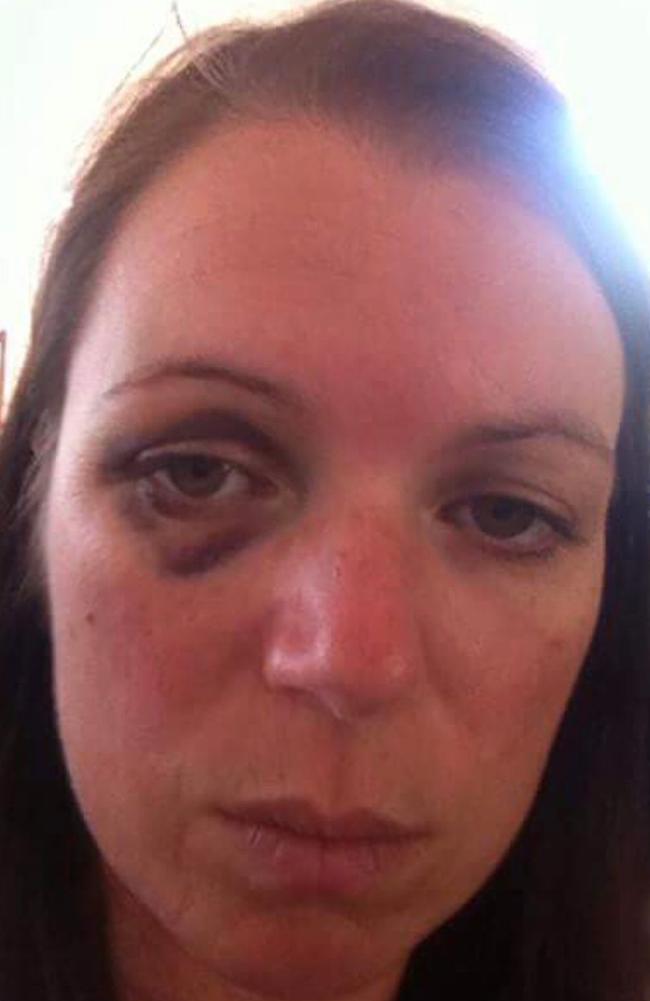
“But I had nothing with me – absolutely nothing, no purse, no nothing. And as I got into the car, I just thought, ‘Sh*t, what’s going to happen if he takes me out and dumps me in the middle of nowhere?’ I just felt a real fear,” Ms Bilston said.
When she pleaded with her partner for her phone, he refused, before hitting her “across the face with it”, which “just immediately started to swell up so that I had bruise and couldn’t see out of my left eye”.
They continued towards her parent’s house before he pulled over and refused to take them further – but she was able to convince him to take her to a 24-hour medical clinic to treat her eye, and it was there that she was able to break free.
“We walked in, and there was a security guard on the door, and he was beside me, and we got into the door and I just screamed and said, ‘He did this to me’. And he just took off. And that is how I got away,” she said.
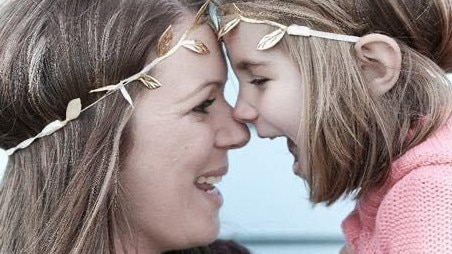
These days, Ms Bilston is “so grateful” for the life that she has built for herself and for her daughter.
“Having an opportunity to parent her, and mother her in a way that I want to, and watching her heal and grow and be the person that she wants to be, that’s really healing for me,” she said.
“This experience has really changed me – and I can’t be who I was before this. And I can’t be who I was supposed to be, because he did take so many things away from me, but he’s not able to take away my hope.”
Next Steps Australia supplies Starter Packs of brand new manchester items to families affected by domestic violence when arriving or leaving a refuge and transitioning from a refuge to private accomodation.
The packs are supported by donations, largely from their corporate partners including Best&Less, who raised over $145,000 last year to fund 730 manchester packs for survivors and their families.
Now as an advocate for victim-survivors, Ms Bilston is urging Aussies to realise that “we do all have a role in recognising and responding to family violence”.
“People sometimes ask me, ‘What can I do?’ and [asking someone if they’re safe at home] is something that people can do. Because there will be people in your life who are suffering right now – and maybe you’ve noticed things, maybe intuitively you feel like somebody might not be in the best situation – and we have to not shy away from that,” she said.
“It’s an opportunity to start a conversation. It’s not about pushing for the end of relationship, it’s about signalling to those people that you care about them, and you’re there for them, if and when they need some help.”
We all have a role to play in recognising and responding to family violence – at home, in the community, and the workplace. Tuesday May 10 is the first Are You Safe At Home? Day – a day for people across Australia to start a conversation to end family violence.
To find out more, including helpful tips and support services, visit here.
Originally published as ‘Are you safe at home?’: Five words that freed Aussie mum from violent relationship




